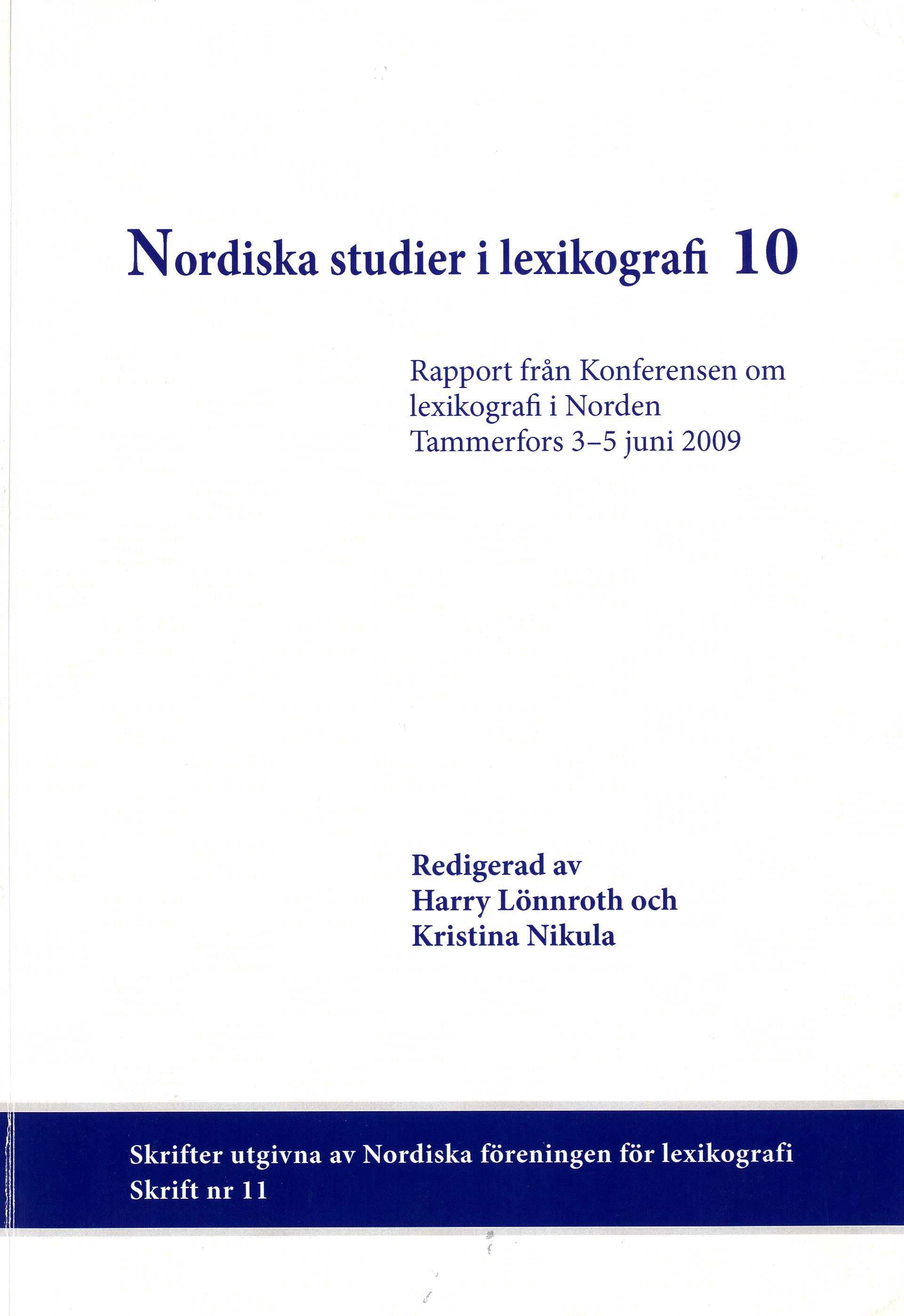Internettpublikasjonar som kjelde i dokumentasjonsordbøker. Status og bruk
Nøgleord:
Internett-kjelde, dokumentasjonsleksikografi, langtidslagring, innhaustingResumé
The purpose of this article is to discuss the use of Internet texts as a source in documentary lexicography. Texts published in print are stable and unchangeable in form, and they are mostly subject to long term storage in public national collections or archives. On the other hand electronic texts published on the Internet can be consecutively changed or even removed from one day to another. This is an obvious problem for the documentary lexicographer. To meet the demand for scientifically verifiable data, the lexicographer himself therefore needs to ensure that the text is properly stored for posterity. In Norsk Ordbok this is done by saving the web-page from which a specific word or collocation is harvested, as a PDF-file. The lexicographer should thoroughly consider the type of text he is referring to, not only the publishing format (printed vs. virtual). A lot of Internet texts have never been subject to quality controls such as proofreading. Texts from established publishing houses tend to be better than newspaper articles in terms of both text quality and stability of storage, while no such control is applied to personal web sites.
Downloads
Publiceret
Citation/Eksport
Nummer
Sektion
Licens
Nordisk Forening for Leksikografi/NSL og forfatterne.





